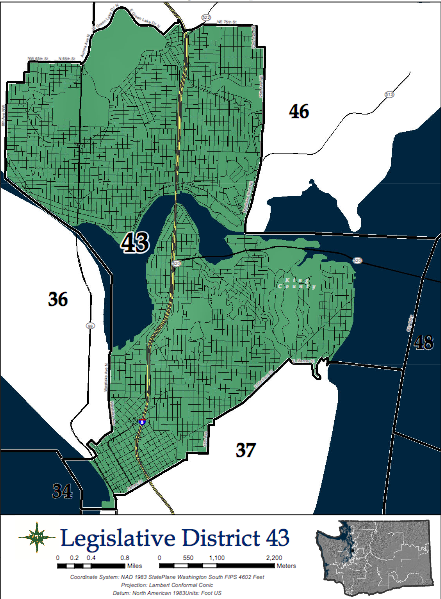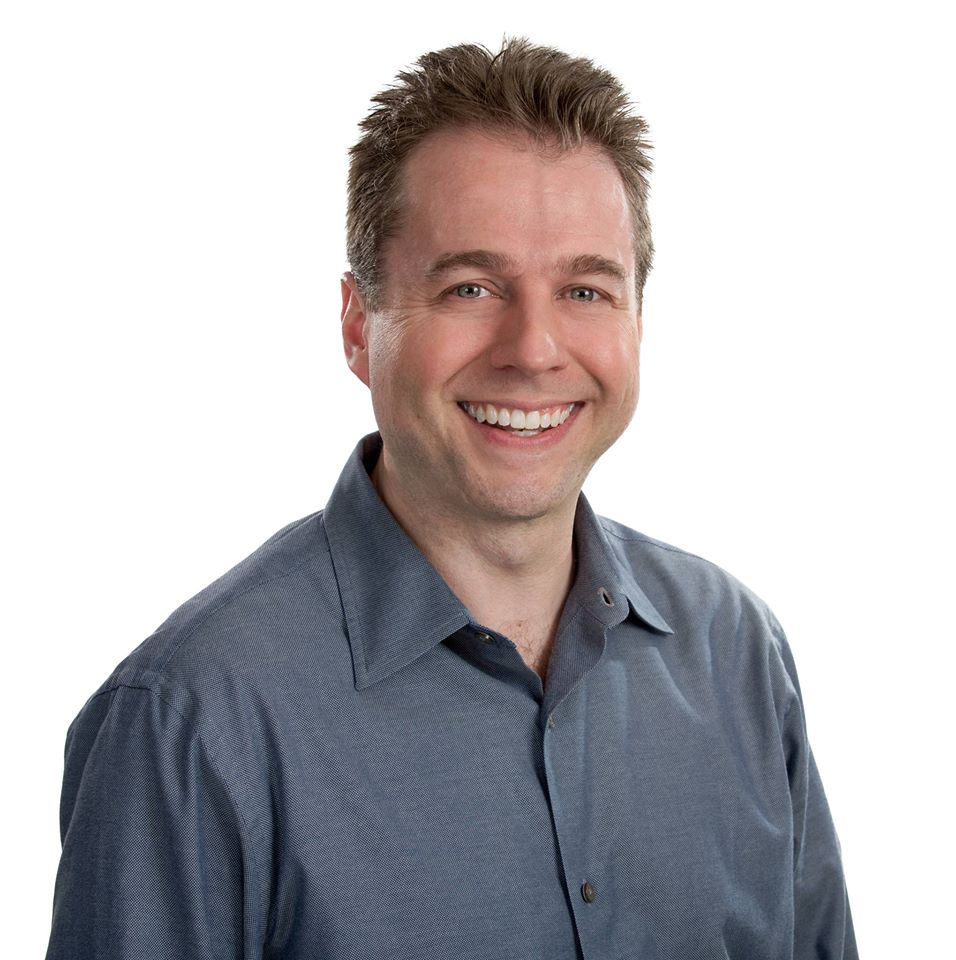Earlier this month, staff from The Urbanist met with candidates seeking election in the open seats of the 43rd Legislative District and 7th Congressional District for interviews. We also surveyed them on urban issues ranging from support of local initiatives like the Seattle Housing Levy and Sound Transit 3 to solutions on affordable housing and policies to address climate change.
Over the next week or so, we’ll be releasing our surveys from candidates in the 43rd Legislative District (Representative Position 1) followed by candidates in the 7th Congressional District. In early July, our Elections Board will release Primary endorsements of The Urbanist covering both candidates and local issues.
The following is our full survey from Scott Forbes, candidate for the 43rd Legislative District.

Do you consider yourself an urbanist? Why/Why not?
Yes. I believe that urbanism minimizes our per-person environmental footprint and provides better outcomes in terms of economics and culture.
What is your strategy for making housing more affordable both for very low-income and middle-class workers?
I believe the only real solution to our affordable housing crisis is to build more housing, and that we should do so both directly (by building publicly owned housing) and indirectly (by providing developer incentives).
What are your preferred policies for adapting to and mitigating climate change?
I would prefer a revenue-positive carbon tax to accelerate our transition to a green economy, a feed-in tariff for generating renewable power, programs to encourage the electrification of our transit systems, and active efforts to sequester carbon in bulk.
What are your preferred policies for ending homelessness?
Providing homes. We could end homelessness tomorrow if we had the political will, and we know that “housing first” solutions work.
What state policies would you support to create more livable urban communities?
I would grant more local autonomy to cities and counties, including powers to levy progressive taxes, ban semiautomatic weapons, and enact rent stabilization measures. Too many city-level decisions are made in Olympia.
What state policies would you support to create more equitable urban communities?
I would reform our regressive state tax system and ensure that our state’s public schools and institutions of higher education are equitably funded. I would also find universal pre-K, work to close the gender pay gap, and work to address institutional racism in our state’s policing and criminal justice systems.
How can the state transportation budget better support diverse transportation choices?
By spending less money on construction of new roads and more money on mass transit, bike lanes, and other alternatives to single-occupancy vehicles.
Would you support a repeal of the state ban on rent control? Why/Why not?
Yes. I believe that decisions and policies that primarily affect cities should be made by city governments rather than the state government.
Do you support a mileage-based fee on vehicles to replace the gas tax?
No
Do you support mandatory inclusionary zoning?
Yes
Do you plan to support Sound Transit 3?
Yes
Do you support the Seattle Housing Levy?
Yes
Do you support the preservation tax exemption as applied to both non-profit and private landlords?
Yes

Elections Committee
The Urbanist was founded in 2014 to examine and influence urban policies. We believe cities provide unique opportunities for addressing many of the most challenging social, environmental, and economic problems. We serve as a resource for promoting urbanism, increasing political participation, and improving the places we live. The Elections Committee consists of community volunteers and staff members of The Urbanist and is a standing body representing the political values of our organization.


